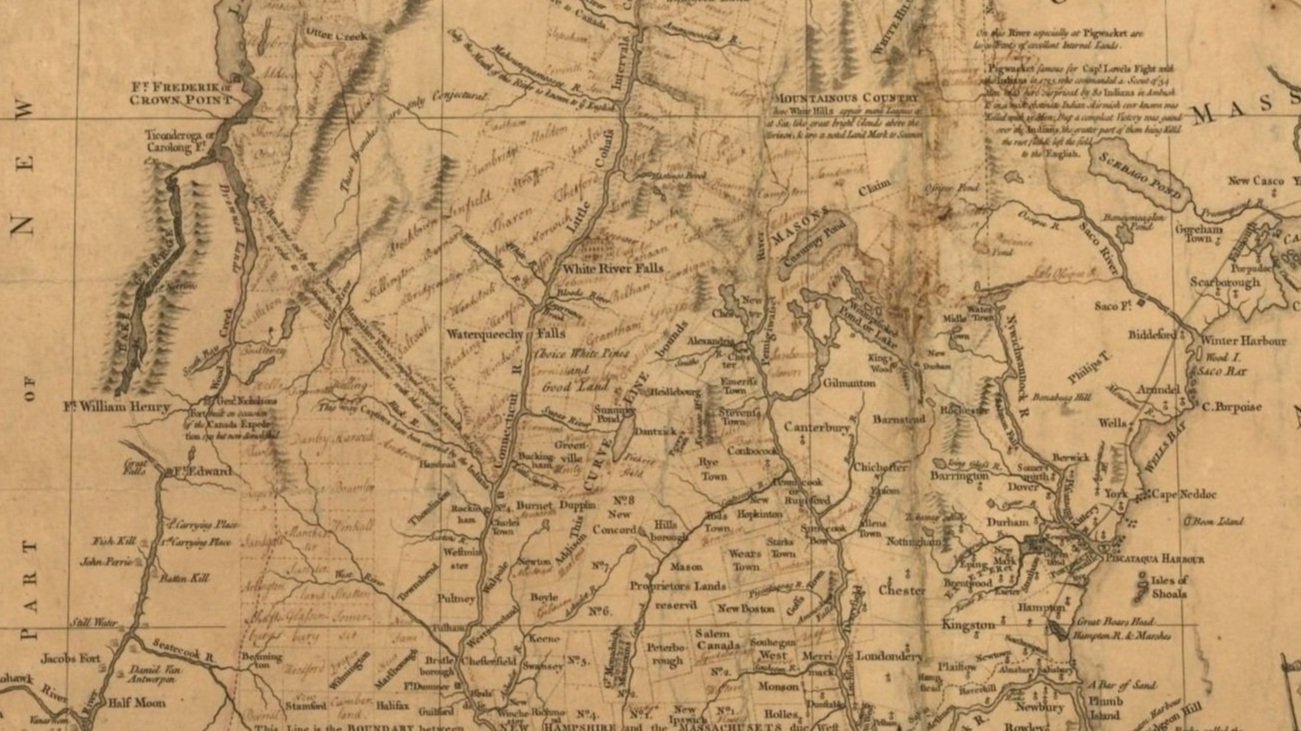
ROAD LAW GUIDE
Auxiliary Service Roads
Bridges
Class VI Roads
Conveyance
Dedication and Acceptance
Definitions
Discontinuance
Discontinued State Highways
Emergency Lane Designation
Failure to Maintain a Class V Road for Five Successive Years
Gates and Bars
Highways to Summer Cottages
How Public Roads are Created
Layout
Legislative Body vs. Governing Body
Municipal Trail Designation
Off Highway Recreation Vehicles
Prescription
Private Roads
RSA 674:41 (Building Permits)
Scenic Roads
Snowmobiles
Types of Roads and Other Designations
Who Owns the Road?
Alfano Law Office Database of Municipal Road Records
Discontinuance
Terminating the public’s right to use a public road (or, highway) is called discontinuance. The process “discontinues” the public’s right to use the road. The current process is set forth beginning at RSA 231:41.
Once established, a highway is presumed to exist until discontinued. Only a formal discontinuance by town meeting vote can legally terminate the public’s right to travel on any public way. “When a highway is legally discontinued, the public right of passage ceases, the duty of the town to keep it in repair no longer exists, and the owner has his land again, free from the incumbrance.” State v. New-Boston, 11 N.H. at 410; RSA 231:50 (towns not obligated to maintain discontinued roads).
A municipality may discontinue a road subject to gates and bars, which effectively makes the road Class VI.
Evidence and process
The best evidence of discontinuance is the official records of the municipality. If gaps exist in municipal records due to fires and the like, the party seeking to prove a discontinuance may introduce circumstantial evidence such as deed recitals, actual use of the road and other municipal records which describe the apparent status of the road. Non-use or abandonment of a road by the public for twenty years does not constitute discontinuance of a highway.
Any person aggrieved by a vote to discontinue a highway may appeal to the superior court within six months after the vote. The procedure is similar to that for appeals of the laying out of Class V and VI roads. Non-abutters may have standing to appeal and receive damages.
The process to discontinue a highway has changed through the years. The process in effect at the time of the discontinuance governs, not the law in effect today. For example, certain discontinuances required court approval for a time. Historical research, therefore, is required.
Special requirement apply to discontinuances of a road which joins a road in another municipality. As with most aspects of this area of the law, the requirements have changed over time, and the requirement in effect at the time of the discontinuance governs.
Rights retained over discontinued highways
Current law provides that no owner of land shall, without the owner’s written consent, be deprived of access over such highway, at such owner’s own risk. Furthermore, any existing sewer, drain, water pipe or other utility easements or any permits or licenses previously granted by the municipality shall be presumed to be reserved and shall remain in effect for so long as they remain in active use, unless such easements, permits or licenses are expressly included in the vote to discontinue the highway, or are subsequently discontinued by vote of the municipality. Abutters also may install utilities, subject to the “rule of reason.”
State highways
If you are dealing with a stretch of road that once was a state highway, a different set of statutes apply. Generally speaking, discontinued state highways either become Class V or VI, unless the municipality takes affirmative steps to prevent this re-classification from occurring. See, generally, RSA 230:56 et seq.
Ownership of the fee “underneath” state highways can be a bit tricky, as some uncertainty exists as to whether the state obtained full fee title or just an easement when it created the highway in the first place.

